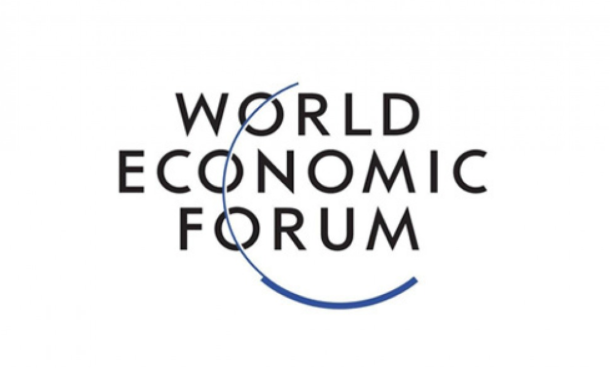::cck::342::/cck::
::introtext::
*From World Economic Forum on Latin America website
Suzana Padua
Claudio Valladares Padua
One of the greatest riches of Latin American countries is their biodiversity. Nevertheless, it rarely contributes to the economic development of the nations that make up the region.
In Brazil, according to official statistics, not one of the 10 main exports in 2016 had its origin in the country’s biodiversity. Instead, the emphasis has been on products that require transformation or even, and this is the worst scenario, the destruction of biodiversity itself. The result is of low cost products with little added value, such as monocultures, extensive cattle raising, and mining.
While we insist on this economic formula, the world marches on towards the Fourth Industrial Revolution, with its incredible developments in genetics and biology. Despite holding outstanding genetic materials, our countries are losing momentum and failing to capitalise on our natural riches. This is down to a lack of understanding that there is a need beyond saving those materials, which is not even being done effectively. We must use our biodiversity innovatively and sustainably. What is even better, we can do so by conserving our biodiversity and maintaining our ecosystems.
::/introtext::
::fulltext::::/fulltext::
::cck::342::/cck::


